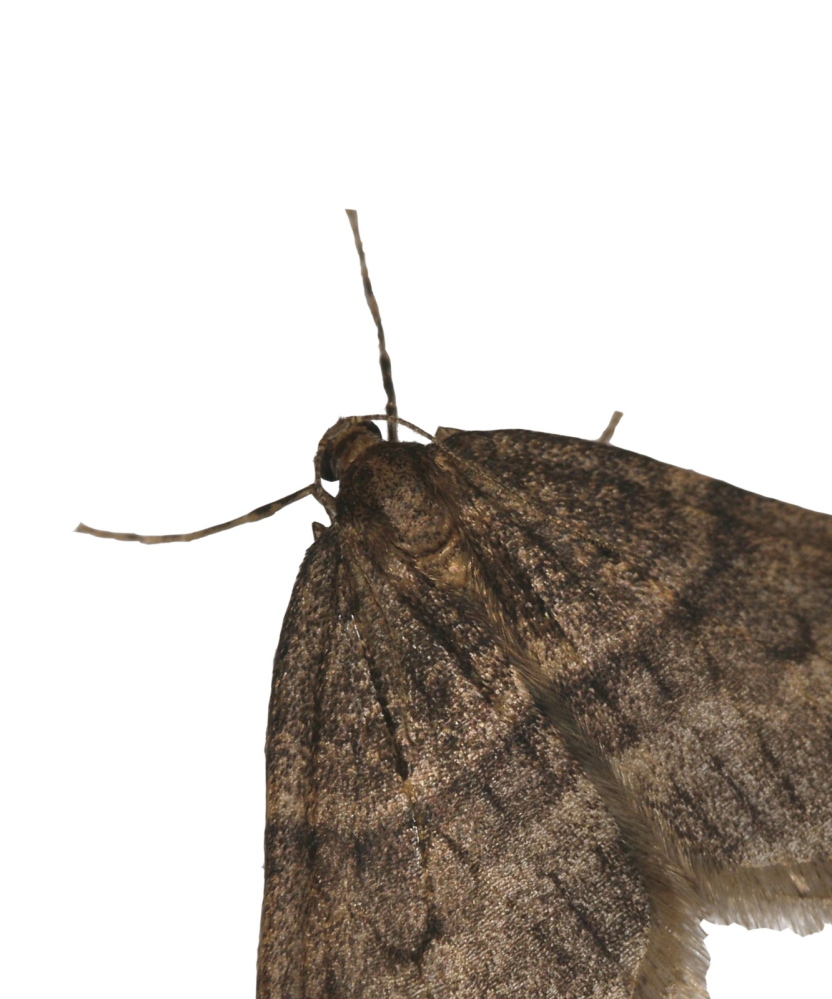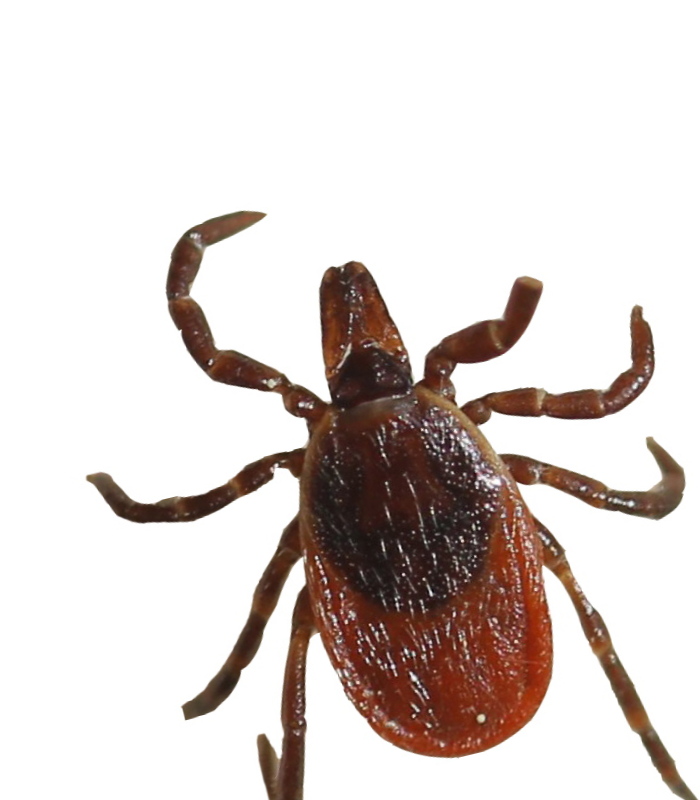Mainers are shivering their way through the coldest winter in a decade, but the severe weather is producing a few unexpected benefits – now and in the months to come, entomologists and biologists say.
The intense cold is keeping tick populations in check, so cross-country skiers are less likely to find themselves peeling the clingy bloodsuckers off their parkas and pants as they have in the past few more moderate winters, according to the scientists.
Even so, that’s no reason to be lulled into a false sense of security, they warn, because the tick populations will recover their numbers in spring and summer.
The greatest impact of the cold winter may be to limit winter moth populations, said Charlene Donahue, forest entomologist with the Maine Department of Agriculture, Conservation and Forestry. Winter moths have been spreading along coastal Maine for two years, increasing their numbers and range significantly and stripping the leaves off trees – including oak, maple, apple, elm, ash, crabapple and cherry – in warmer weather.
The adult moths mate at night from late November to early January when temperatures rise above freezing. In 2012, there were nine days with night temperatures conducive to mating, said Donahue. This year, there has been only one. And it was followed by a period of snow, ice and intense cold.
“They really got gobsmacked on this one,” Donahue said.
That wintry mix of conditions likely means fewer eggs were laid. And that should pay off for homeowners, particularly along the coast.
It’s impossible to say how many trees or how much money a blow to winter moths could save the average homeowner in areas where infestation has occurred, said Tom Ford, arborist with Davey Tree Service in Portland. Savings depend on how many trees have been attacked.
Signs of infestation become evident in early spring, usually in April, as the larvae emerge.
“It’s something you have to be very vigilant about,” said Ford.
The troublesome browntail moth probably won’t be affected, because as chilly as it has been, temperatures along the coast haven’t gotten cold enough to quell them, Donahue said.
Among other common horticultural insect pests – including hemlock woolly adelgid – any part of a population wiped out by a hard winter probably will simply rebound in the following growing season, Donahue said.
“You may get a year’s worth of respite,” Donahue said. And then the pests will bounce back.
“Insects have adapted to living in Maine,” Donahue said. “They find good places to stay.”
In general, for insect pests’ eggs to be affected, temperatures must reach 20 to 25 degrees below zero and remain there for a number of days, Donahue said.
The cold standard is similar among pesky – if popular – mammals, too. Deer, for example, can tolerate the cold fairly well, biologists say, but temperatures that dip to 25 below, persist for days and are combined with an already deep snow cover may prompt numbers of deer to move to new territory to forage, say state wildlife biologists.
That can mean problems for homeowners whose yards offer desirable shrubs and bushes for deer to browse, a frequent problem in southern Maine.
But it would have to be very cold, with lots of snow, for a long stretch in winter, to force deer out of the cover of most Maine forests.
“There would have to be a high level of severity (of cold and snow) for a long period of time,” said Kyle Ravana, state deer biologist for the Department of Inland Fisheries and Wildlife. In 18 to 20 inches of snow, movement becomes so difficult and exhausting for deer, it is seldom worth it to travel.
Deer would be unlikely to abandon territory in which they successfully found food before, Ravana said. It all comes down to weighing how much energy it takes to move and travel compared to how much might be gained from a new food source.
“But it’s too early to tell,” Ravana said. “We don’t know how the winter’s going to go. Deer have adapted to the hard winters of Maine. I’d venture to say that (they) are doing OK.”
North Cairn can be contacted at 274-0795 or at:
ncairn@pressherald.com
Send questions/comments to the editors.




Comments are no longer available on this story